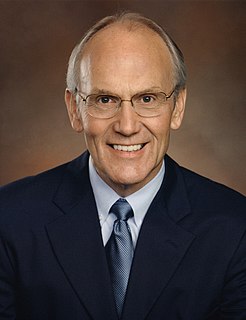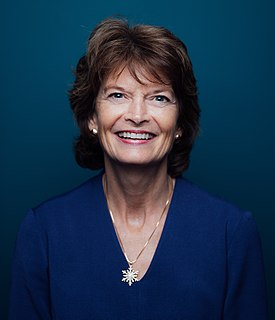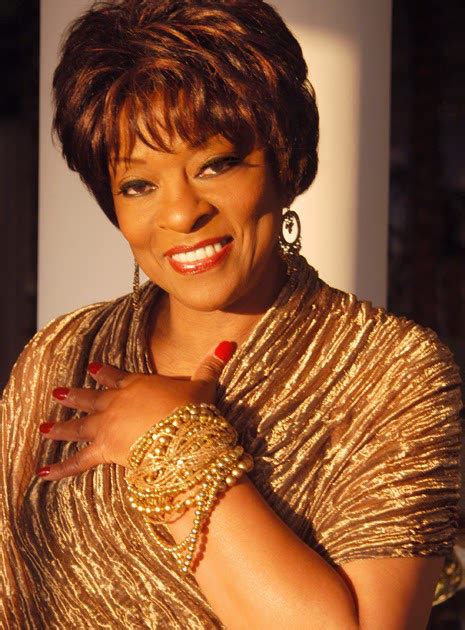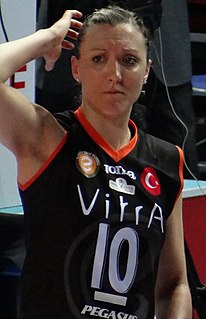A Quote by Matthew Lesko
An estimated 2 million American women will be diagnosed with breast or cervical cancer this decade and screening could prevent up to 30% of these deaths for women over 40.
Related Quotes
From 2002-2008, Planned Parenthood received $342 million in federal taxpayer money through Title X funding alone. With these funds, Planned Parenthood has provided women throughout the U.S. with important family planning and contraceptive services as well as screening for breast and cervical cancers for low-income women.
Despite the fact that one in every two men and one in every three women will be diagnosed with cancer in their lifetime, no one ever expects it to happen to them. I surely didn't. I was an otherwise healthy 37-year-old when I was diagnosed in 1996 with multiple myeloma, the same rare cancer Tom Brokaw has.
I would tell a newly diagnosed young woman that breast cancer is a complex disease which can be frightening and confusing, and it's normal to experience these emotions, and having a good support system is important. Be an active participant in your treatment, follow your doctor's instructions and ask questions. Also, I would tell her that there have been many advances in breast cancer and women are now living much longer.
I chose the Pink Fund because my mom was diagnosed with breast cancer and I was pretty young in high school. At the time when she got re-diagnosed, my family had to move and they lost a job. Times were tough a little bit financially. The Pink Fund allows money to be raised to help women in need. I'm really excited to be able to represent that.


































